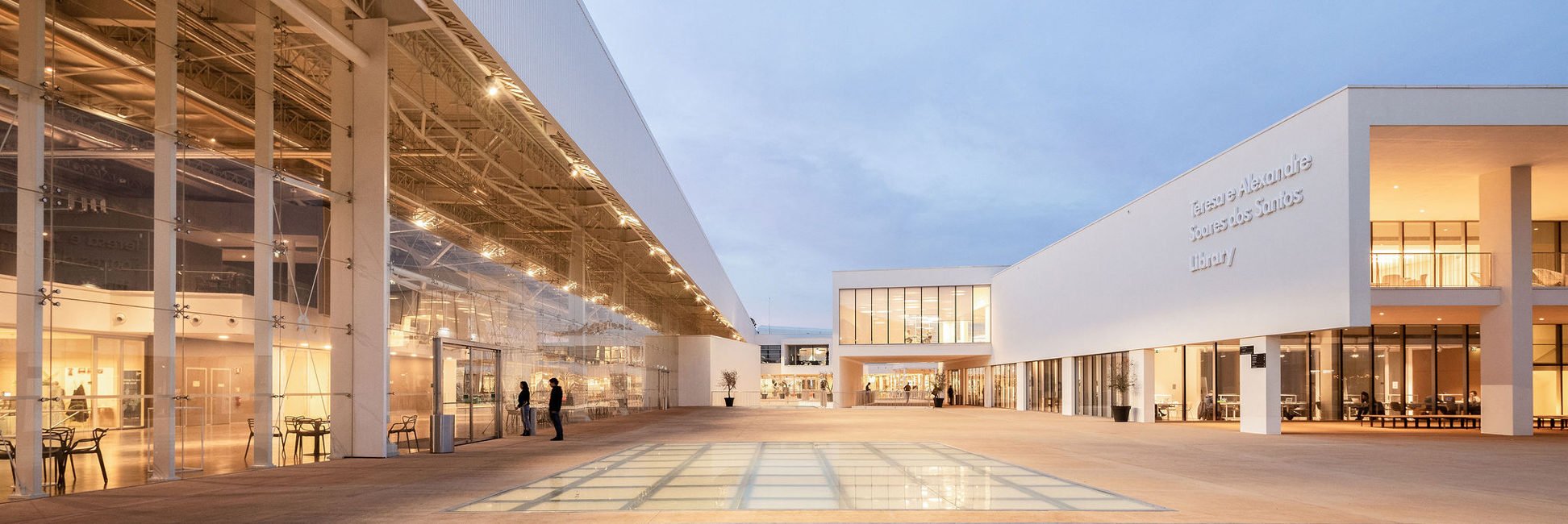Education in Portugal: Schools and Universities
Moving to Portugal with children or planning to study here yourself?
Understanding the Portuguese education system is key to making informed decisions for your future and your family’s well-being. Whether you're enrolling young children in primary school or considering university options for yourself or a teenager, having a clear picture of how the system works will help you navigate the process with confidence. From public vs. private schooling to international curricula and higher education pathways, here’s a straightforward guide to how schools and universities operate for expats in Portugal.
1. The Basics of the Portuguese Education System
Education in Portugal is structured into several key stages, each designed to support a child's development from early years through to higher education. Here's an overview:
Pré-escolar (Pre-school): Ages 3–5 (optional)
Ensino Básico (Basic education): Ages 6–15, divided into three cycles (mandatory)
Ensino Secundário (Secondary education): Ages 15–18 (mandatory since 2009)
Ensino Superior (Higher education): Universities and polytechnic institutes
Public schooling is free and compulsory from age 6 to 18.
2. Public vs. Private Schools
Public schools follow the national curriculum, and classes are taught in Portuguese. These schools are free (except for books and meals), and many expat families choose them, especially if they plan to stay long-term and want their children to integrate into local culture.
Private schools offer more variety, including religious schools and international ones. They usually have smaller class sizes and more facilities, but they charge tuition.
3. International Schools
Portugal has a wide selection of international schools, especially in Lisbon, Cascais, Porto, and the Algarve. These schools teach mostly in English (or other languages) and follow foreign curricula such as:
British (IGCSE, A-levels)
American (High School Diploma, AP)
International Baccalaureate (IB)
French, German, and other European systems
International schools are ideal for families who are in Portugal short-term or want a globally recognized education path.
Tuition fees vary widely — expect to pay anywhere from €6,000 to €20,000+ per year, depending on the school and age group.
4. Universities and Higher Education
Coimbra University
Portugal has a strong higher education system with many public and private universities and polytechnic institutes. Courses are generally taught in Portuguese, but many universities now offer English-taught programs, especially at the master’s level.
Top public universities include:
University of Lisbon
University of Porto
NOVA University Lisbon
University of Coimbra
Tuition fees at public universities are relatively low compared to other countries — often between €1,000 and €3,000 per year. Private universities cost more but may offer greater flexibility or English-language courses.
International students from the EU and outside the EU are welcome, and visa/residency support is often available through the university.
Universidade Nova
5. Homeschooling and Alternative Education
Homeschooling is legal in Portugal but must be approved by the Ministry of Education and follow the national curriculum. It's not very common, but it’s growing in popularity.
Some alternative schools (like Montessori or Waldorf) also exist, mostly in larger cities.
6. Key Takeaways for Expats
Public schools are free but taught in Portuguese — a good long-term option.
International schools offer familiar curricula but come with tuition costs.
Portugal welcomes international university students, with affordable fees and English programs.
Start planning early, especially if you're interested in international schools — spaces fill up quickly!
Need help finding a school or navigating enrollment? Portugal For Living can assist with school searches, and language support.





